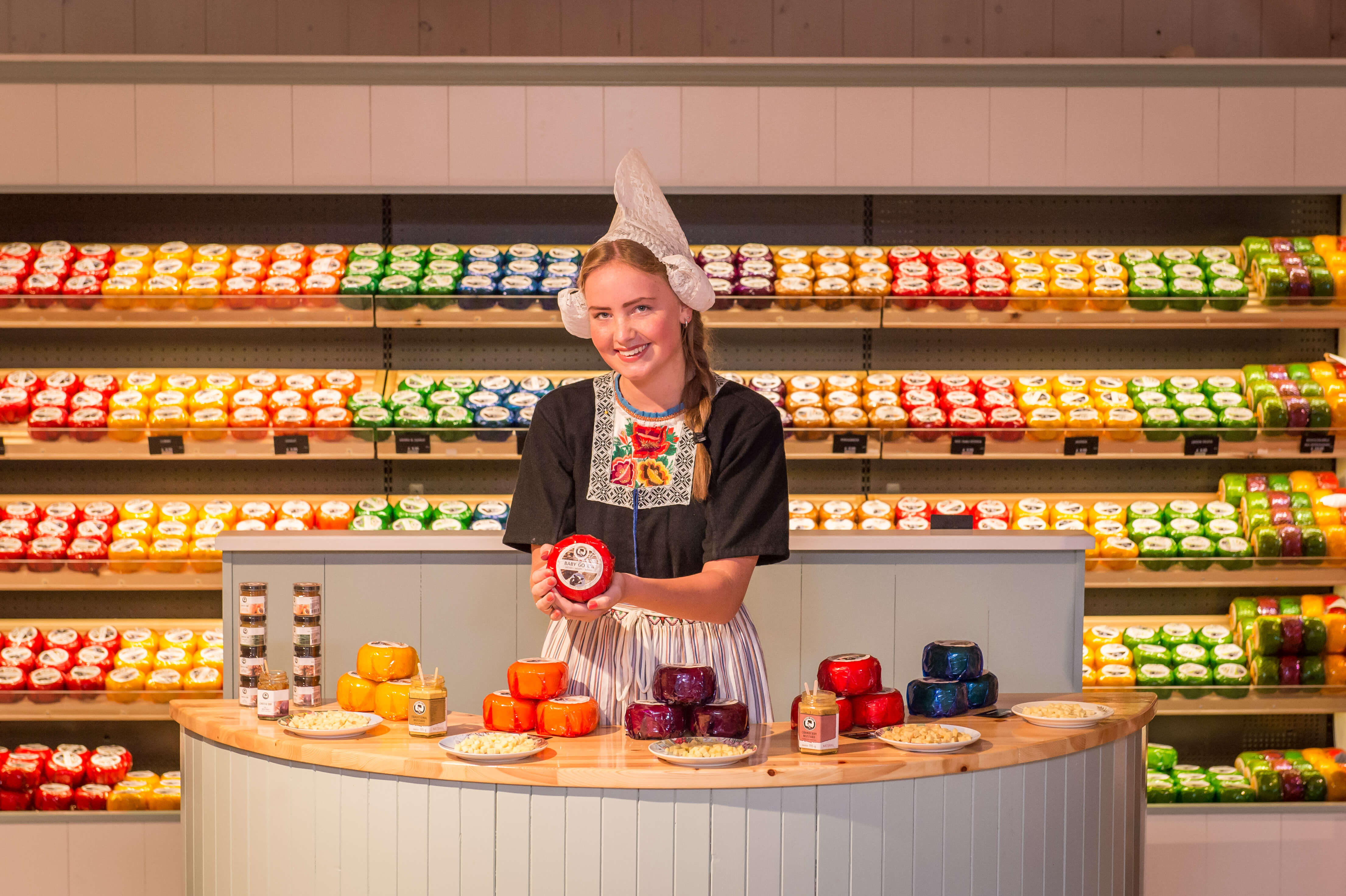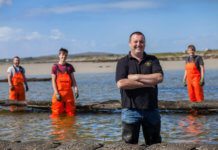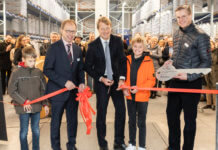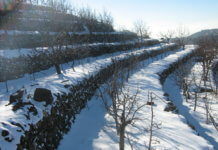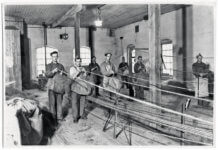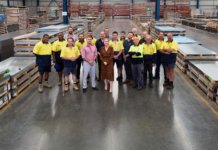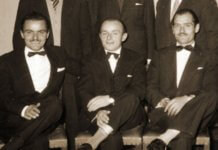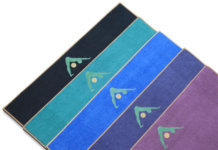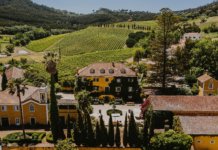Based out of Katwoude, The Netherlands, Martin Willig is part of the second generation of a family that has been processing quality cheeses for over 40 years. In the highly competitive international cheese market, Henri Willig Cheese has found its recipe for success: the right mix of craftsmanship and family values.
From the farm to the shop, the self-proclaimed “Cheese Family” is known for its unity: each member plays a specific and vital role in the company. The family has also established a training site, the Henri Willig Academy, that is available for all members of the Henri Willig Cheese staff and is a crucial element in ensuring that customer experience is second to none.
Henri Willig stands apart from the competition thanks to meticulous craftsmanship. Their commitment to traditional methods makes their artisanal cheese a highly sought-after product. As opposed to the automated processes which feature prominently in rival cheese-making factories, the Willig’s hand-craftsmanship allows for greater quality control, ensuring customers receive only the finest cheese.
Tharawat Magazine had the opportunity to speak with Martin Willig, Finance Director of Henri Willig Cheese, about the importance of family, business culture and craftsmanship for preparing world-class cheese.
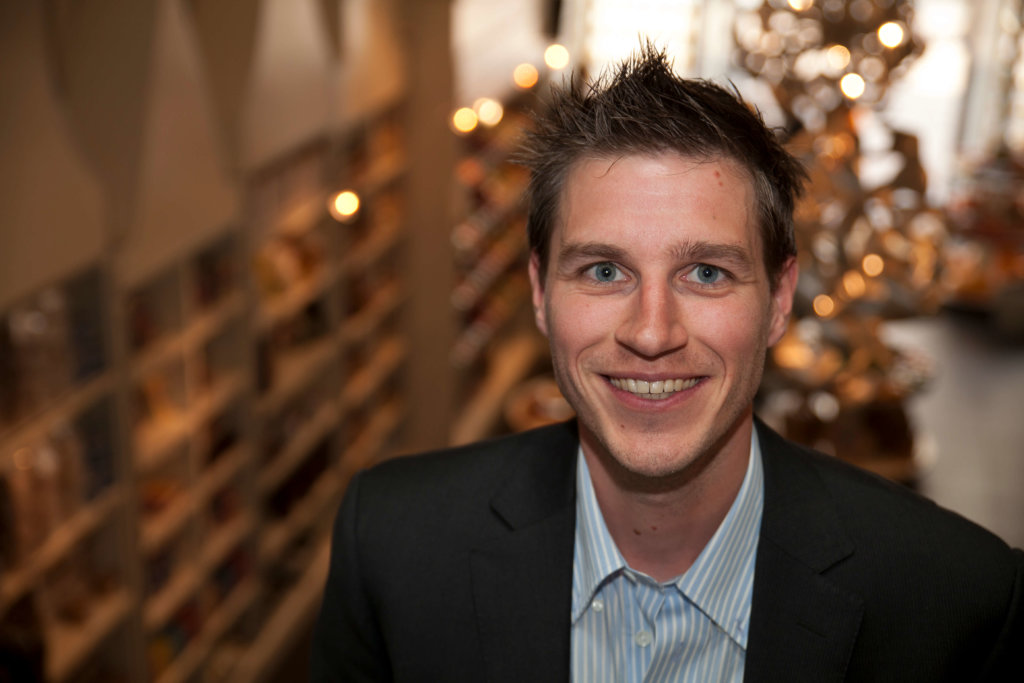
“The future of our business is intrinsically tied to the concept of family.”
What are the origins of Henri Willig Cheese?
Henri Willig began with my parents, who took over a dairy farm from my grandparents. Shortly after assuming ownership, my father realised that he would not be content milking cows forever, so he took a course in cheese production in 1974. He adapted what he’d learned in the course to fit our small farm, and we started producing cheese using our own milk and selling it from a shop located at the dairy farm.
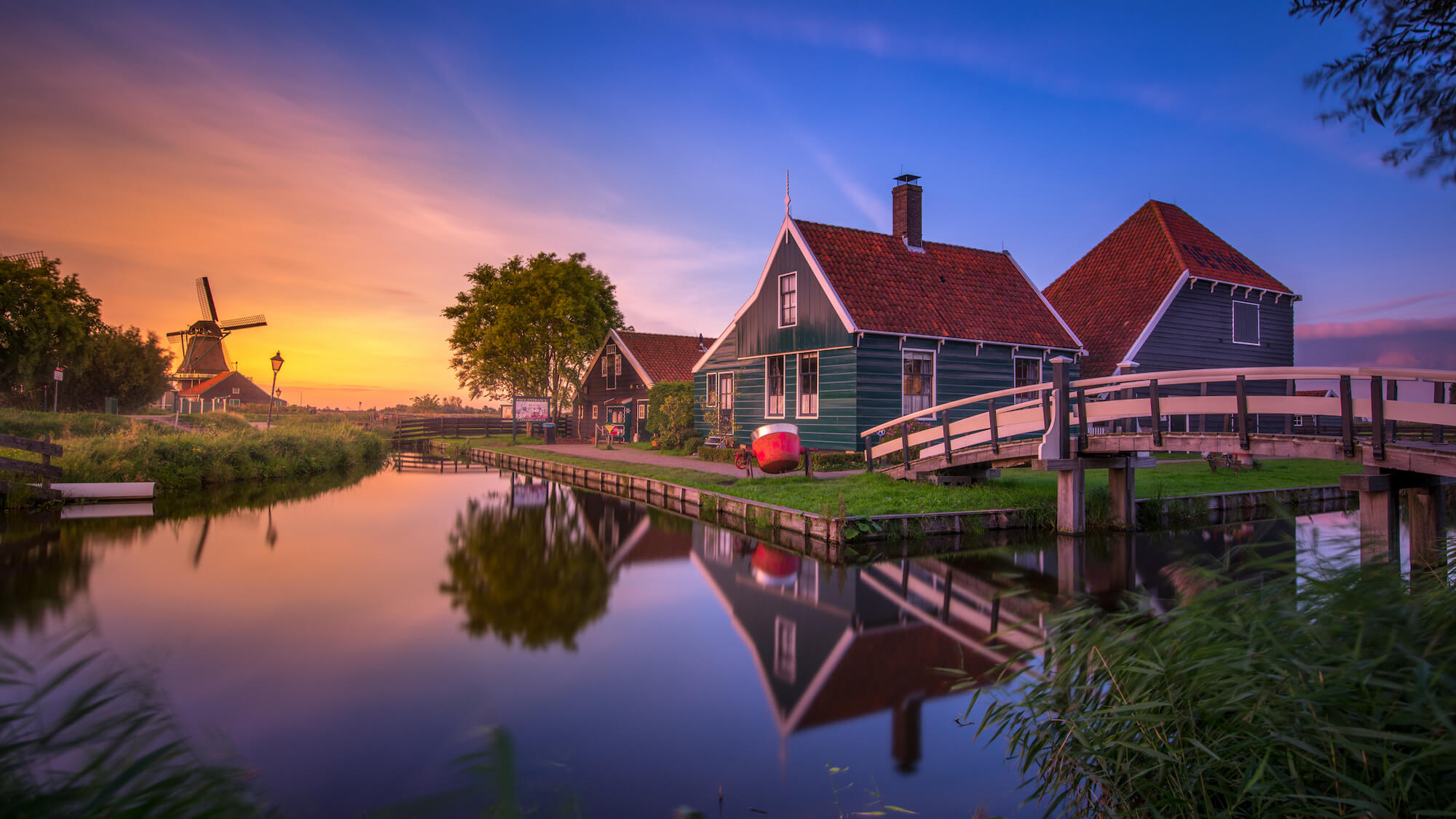
We were fortunate geographically, as our farm is close to both Amsterdam and Edam, exposing us to the heavy tourist streams. The first tourist bus that arrived at our shop purchased literally everything we had in the store. After we had completely sold out, we realised we had hit upon something special.
This was the auspicious start of our company. We capitalised on these new sales and began producing exceedingly greater amounts of cheese. In turn, our shop expanded to match our production.
During the early 1990’s we opened a second store, and by 2000 we operated 3 stores and 3 cheese farms.
Since 2008, we have also opened shops in Amsterdam, a city that welcomes over 15 million tourists a year. When we realised that most tourists stay in the city and don’t venture out into the countryside, we decided to bring the market to them. Currently, we have 25 shops in the Netherlands, and we recently opened international shops in Vienna and Munich.
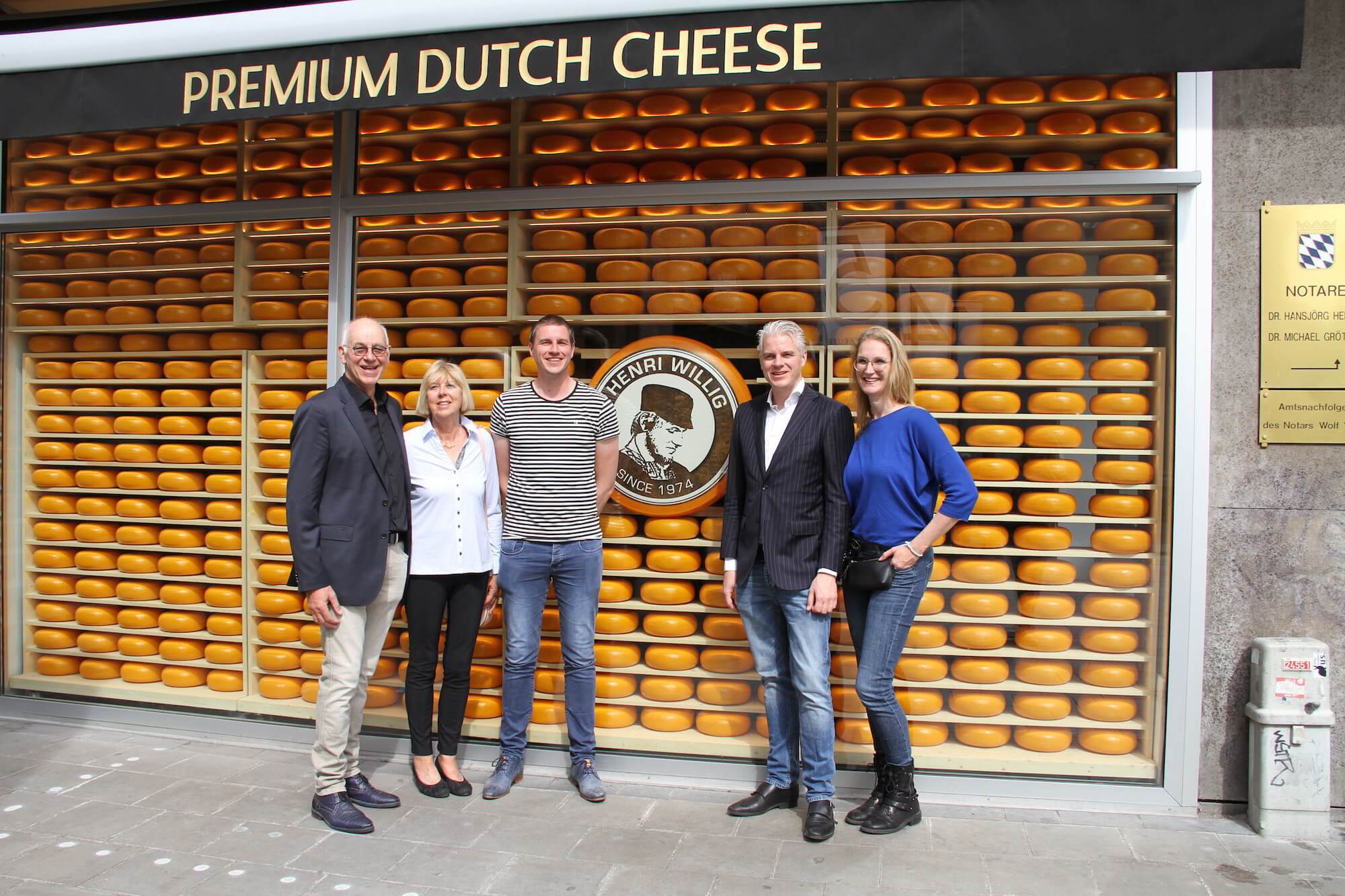
“While we all followed different paths, my siblings and I were finally brought back together under the banner of the family business.”
What role does each family member play in making Henri Willig Cheese a success?
My brothers Jacob and Wiebe and I grew up immersed in the family farm, helping our parents with the various chores and tasks. At dinner, we would often reflect on what went well that day and how we could improve for the next day.
Growing up around these conversations exposes you to the family business practices and ethos first-hand. I came into the company prepared to manage difficult situations that my parents had experienced in the past, and this enabled me to be a proactive problem-solver.
My brothers were initially opposed to working in the family business. However, when the company saw financial hardship in 2002, they banded together to lead it back to success. Both are still involved today, and Wiebe is acting as the CEO.
My path to the company was not much different. I studied food science at college and went on to work in a vegetable processing company. In 2007, my family asked me to join the business. While we all followed different paths, my siblings and I were finally brought back together under the banner of the family business.
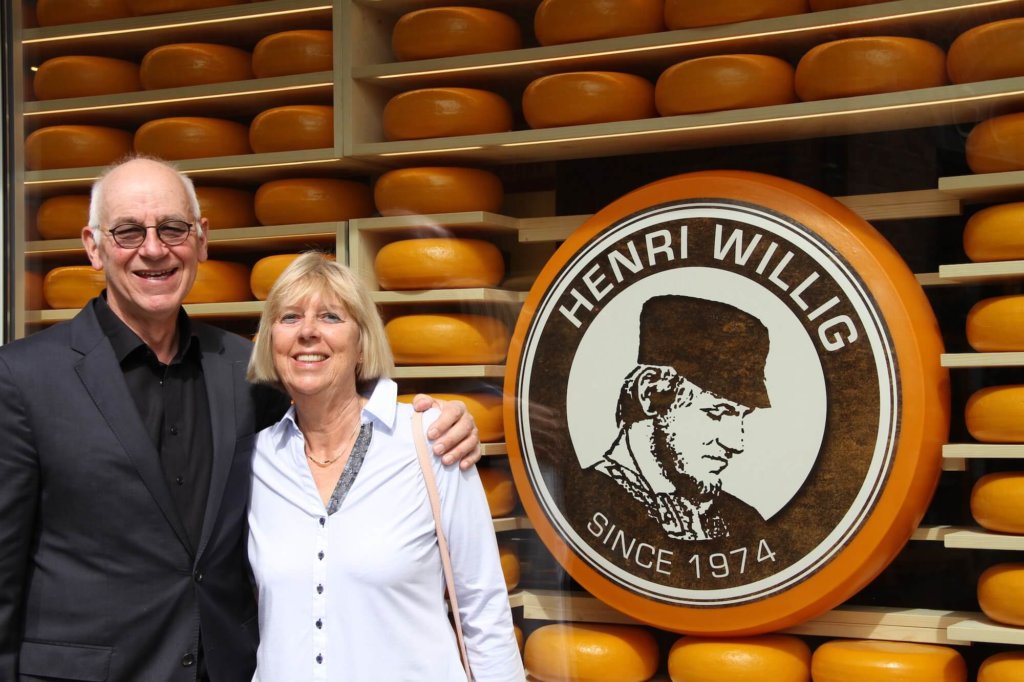
My parents are semi-retired, so my brothers and I handle the daily business operations. However, they are still involved in the business in special ways. For instance, they are currently working on a project to build an experience centre at our dairy farm. That is one of my father’s dreams, and he is working hard to formulate the best strategy to open the centre to the public.
Each member of the family hones in on our particular area of speciality. I concentrate on ensuring that the processes are working smoothly, while Wiebe focuses on commercialisation and expansion, and Jacob handles our information and technology projects.
We all have different interests and capabilities, which allows us to individually excel in our own areas without infringing on the others’ work. Clearly defined roles and responsibilities are a hallmark of any successful business.
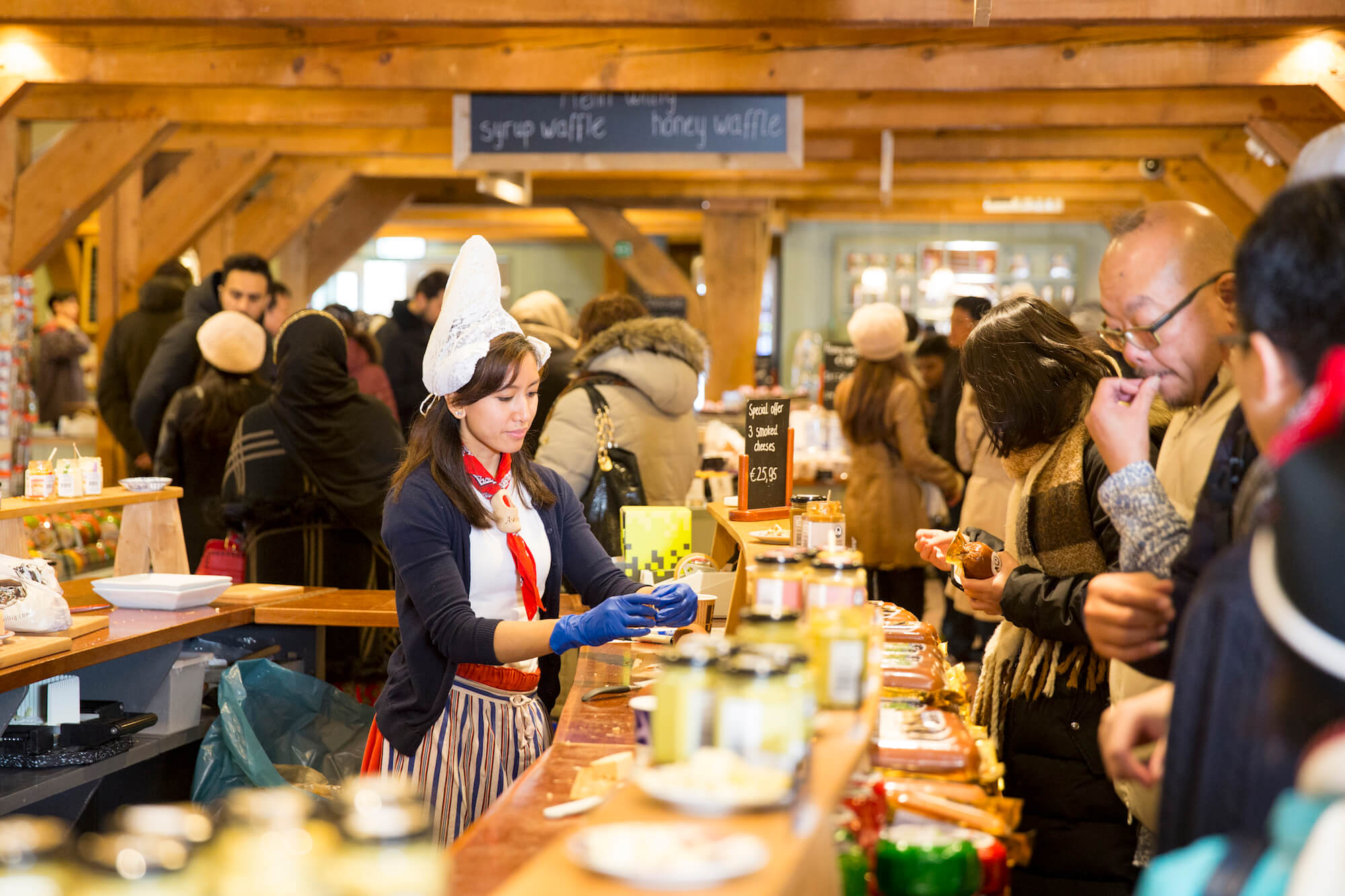
“A lot of competitors have the story but do not offer a satisfactory product, while large corporations make a decent product but lack the story. We have beautifully crafted cheeses as well as the story behind them.”
What sets Henri Willig apart from its competitors?
Anyone can make cheese, but what sets apart the finest cheesemakers from the hobbyists is the details put into crafting the products.
Producing fine, artisanal cheeses takes significant attention to detail. Some of our biggest competitors are enormous corporations whose production is fully automated. For them, the cheesemaking process starts and ends with the push of a button. This oversimplification has eliminated the need for traditional artisanal skills.
At Henri Willig, we seek to preserve those traditions and skills. We have a much smaller scale, which grants us greater control over the production process. We have even taken this one step further by founding the Henri Willig Academy, where our cheesemakers and shop staff receive training to understand how we create the product and the importance of what we do. Our artisans know how to carry out each of the careful steps involved in the art of crafting fine cheese.
At Henri Willig, not only do we put in the effort needed to create a fine cheese, but we also love sharing our family story with our patrons. A lot of competitors have the story but do not offer a satisfactory product, while large corporations make a decent product but lack the story. We have beautifully crafted cheeses as well as the story behind them.
When we craft cheese in our family’s style, we know that the customers appreciate that extra effort and character. The personal touch that we put into making our cheese keeps our customers returning.
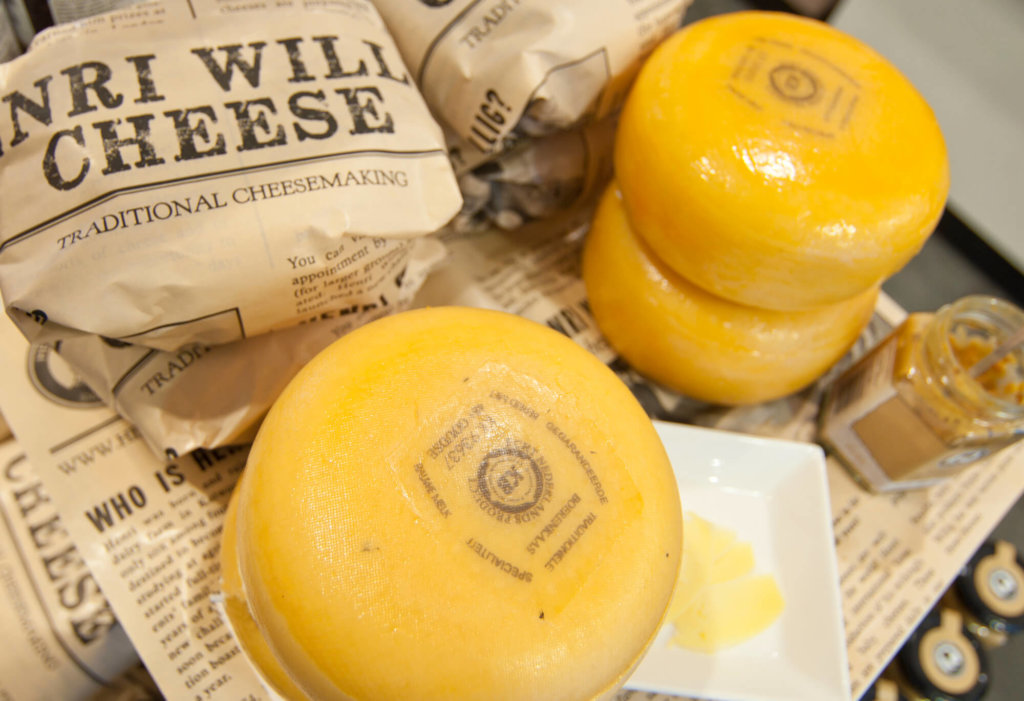
How do you preserve the culture and identity of Henri Willig?
We preserve our business culture through our Academy. When we train new recruits, we try to instil in them the values that got us to where we are today. Every single member of the company is trained at the Academy because if they know our history and culture, they are better prepared to share our story and the value of our products with our customers.
Branding is another way in which we maintain our identity. You can find the name ‘Henri Willig’ on all of our cheese, as well as on our various accessories. Another important aspect of our branding is our identical shops; this promotes product recognition and facilitates training for our employees.
In what ways have technological advancements influenced your operations?
We are always looking for opportunities to make the most of technology to facilitate our artisanal approach. Large corporations may have automation, but we prefer to optimise only the business aspects of our company, maintaining our traditional, handmade cheesemaking process.
The Internet is one tool that has helped us considerably. In the 1980s, visitors had to visit the store in person to purchase cheese, and that may have been the only interaction they had with our product. With today’s technological advances, that same person can order online from our website and receive their cheese in a matter of days. The ease of having the cheese shipped directly to their door makes it more likely that they will continue to enjoy our products in the future.
There is a world of possibilities with technology, but we must carefully choose how we invest in them. Large corporations invest in the technologies that best serve their business models, as do we. However, we differ in that our company strives to maintain our tradition while also furthering innovation.
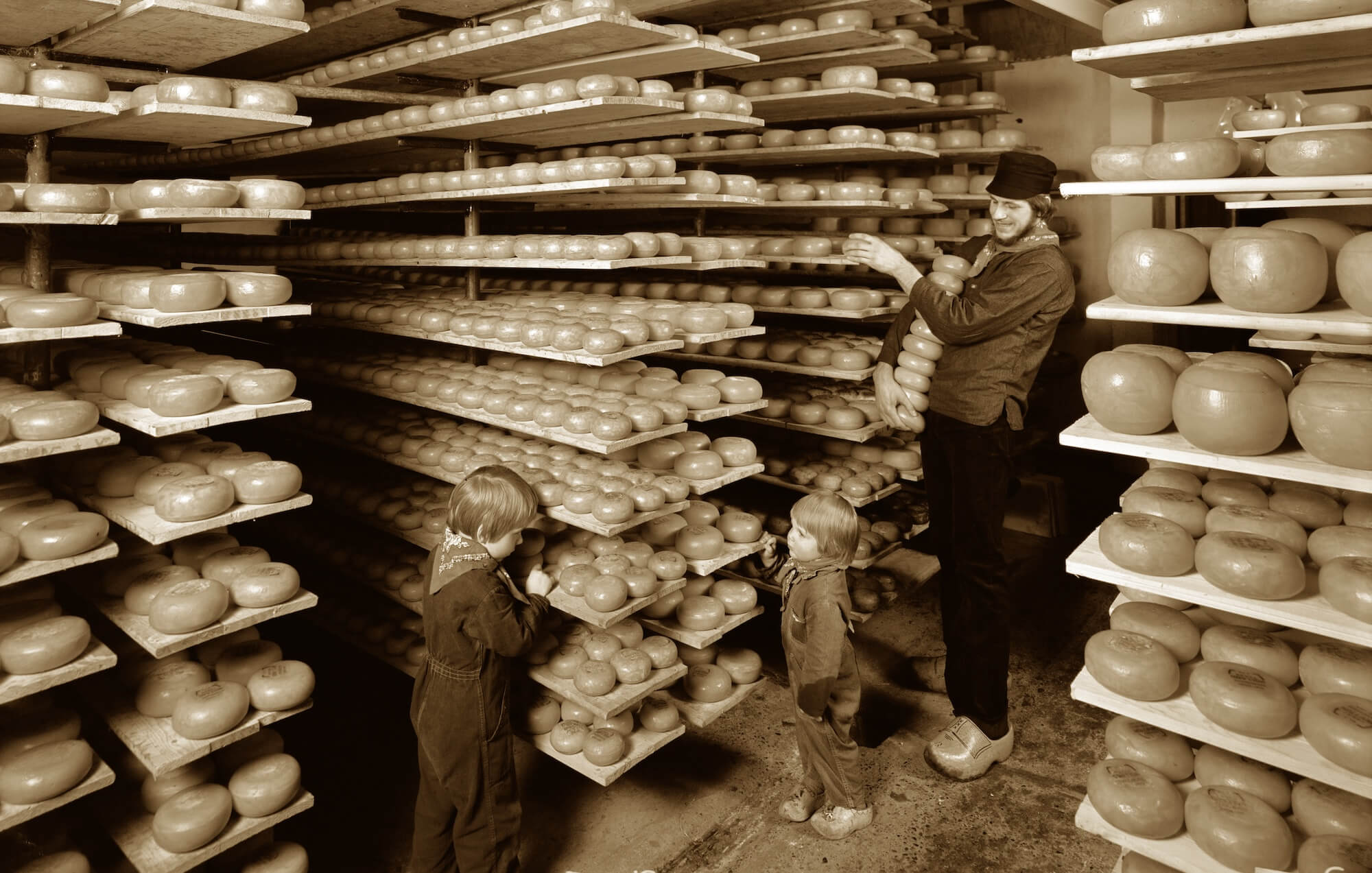
Is the next generation in The Netherlands interested in getting involved in the cheese industry?
The level of involvement depends on the working environment. When people complete their education, we find that they are less interested in working at larger corporations and more interested in working in a small business. Within smaller firms, they can add greater value, and each of their contributions to the business brings a deeper sense of satisfaction.
These days, there are fewer people studying food production. Many are focused on consulting or information and communication technologies. We sometimes have difficulty finding the right people when we look to hire members of the younger generation. As of now, we are pleased with our current roster.
What does the future hold for Henri Willig?
The future of our business is intrinsically tied to the concept of family. We consider all of our employees as part of the Henri Willig Cheese family, and we hope this feeling extends to our customers as well.
Part of incorporating our customers into our family comes from my father’s experience centre project, where people can see the origins of our company. At the centre, customers can see the dairy farm and the cheese production process and even sample the cheeses.
We want everyone that comes through the centre to leave with a positive experience and a feeling that they are a part of our family. We hope to one day become one of the most recognisable cheese brands in the world.


